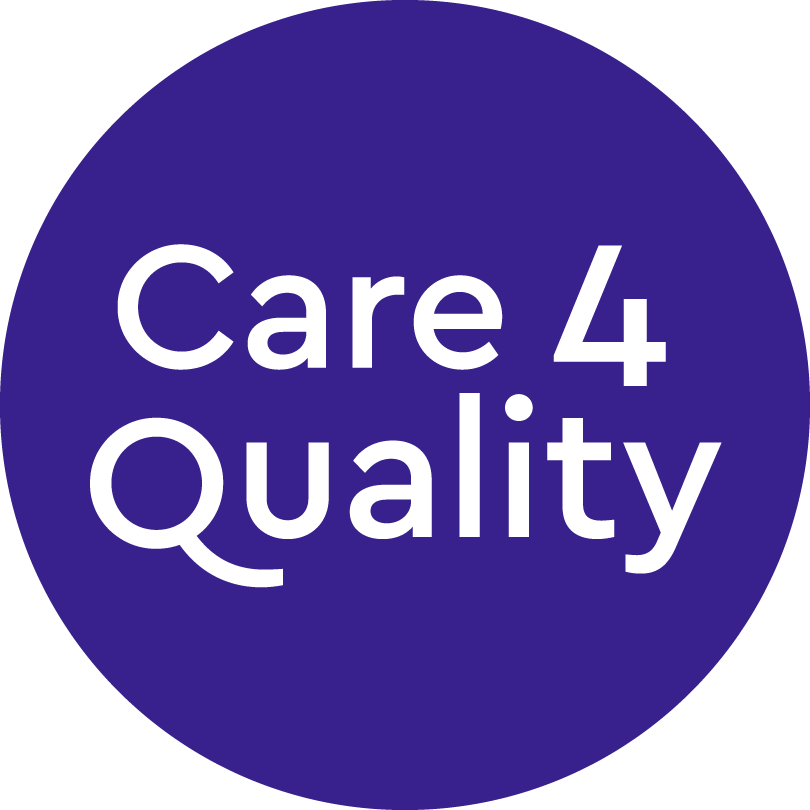In a care home setting, handling complaints effectively is crucial to ensure the well-being and satisfaction of residents and their families. Here are some general guidelines for handling complaints in a care home setting:
1. Establish a clear complaints procedure: Develop a formal complaints procedure that outlines how complaints should be made, who should be contacted, and the expected timeframe for resolution. Make this information readily available to residents, families, and staff members.
2. Encourage open communication: Create an environment where residents and their families feel comfortable expressing their concerns. Encourage open dialogue and provide multiple channels for communication, such as suggestion boxes, complaint forms, or regular feedback meetings.
3. Respond promptly: Acknowledge complaints as soon as possible and provide a timely response. Even if an immediate solution is not feasible, let the complainant know that their concerns have been heard and that appropriate action will be taken.
4. Investigate the complaint: Gather all relevant information and investigate the complaint thoroughly. This may involve speaking to staff members involved, reviewing records or documentation, and interviewing the complainant or witnesses. Maintain confidentiality throughout the process.
5. Empathize and listen: When interacting with the complainant, listen actively and show empathy. Let them express their concerns fully and validate their feelings. This helps build trust and demonstrates that their complaint is being taken seriously.
6. Resolve the issue: Work towards finding a resolution that addresses the complaint appropriately. This could involve taking corrective action, implementing changes to policies or procedures, or offering an apology, compensation, or alternative solutions. Involve the complainant in the decision-making process whenever possible.
7. Document and monitor: Keep a record of the complaint, investigation process, and any actions taken. Regularly review and monitor complaints to identify any patterns or systemic issues that may need attention.
8. Learn from complaints: Use complaints as an opportunity for improvement. Analyze the underlying causes of complaints and identify areas where changes can be made to prevent similar issues from recurring in the future. Implement necessary staff training or process enhancements based on these learnings.
9. Follow up: After the complaint has been resolved, follow up with the complainant to ensure their satisfaction and assess if any further assistance is required. This demonstrates a commitment to ongoing quality improvement and customer satisfaction.
10. Share feedback internally: Share the learnings and outcomes of complaints internally with staff members. This fosters a culture of continuous improvement, encourages accountability, and promotes a proactive approach to addressing concerns.
Remember, each complaint should be handled on an individual basis, taking into account the specific circumstances and needs of the complainant. It is essential to prioritize resident well-being and strive for a positive and supportive care home environment.
